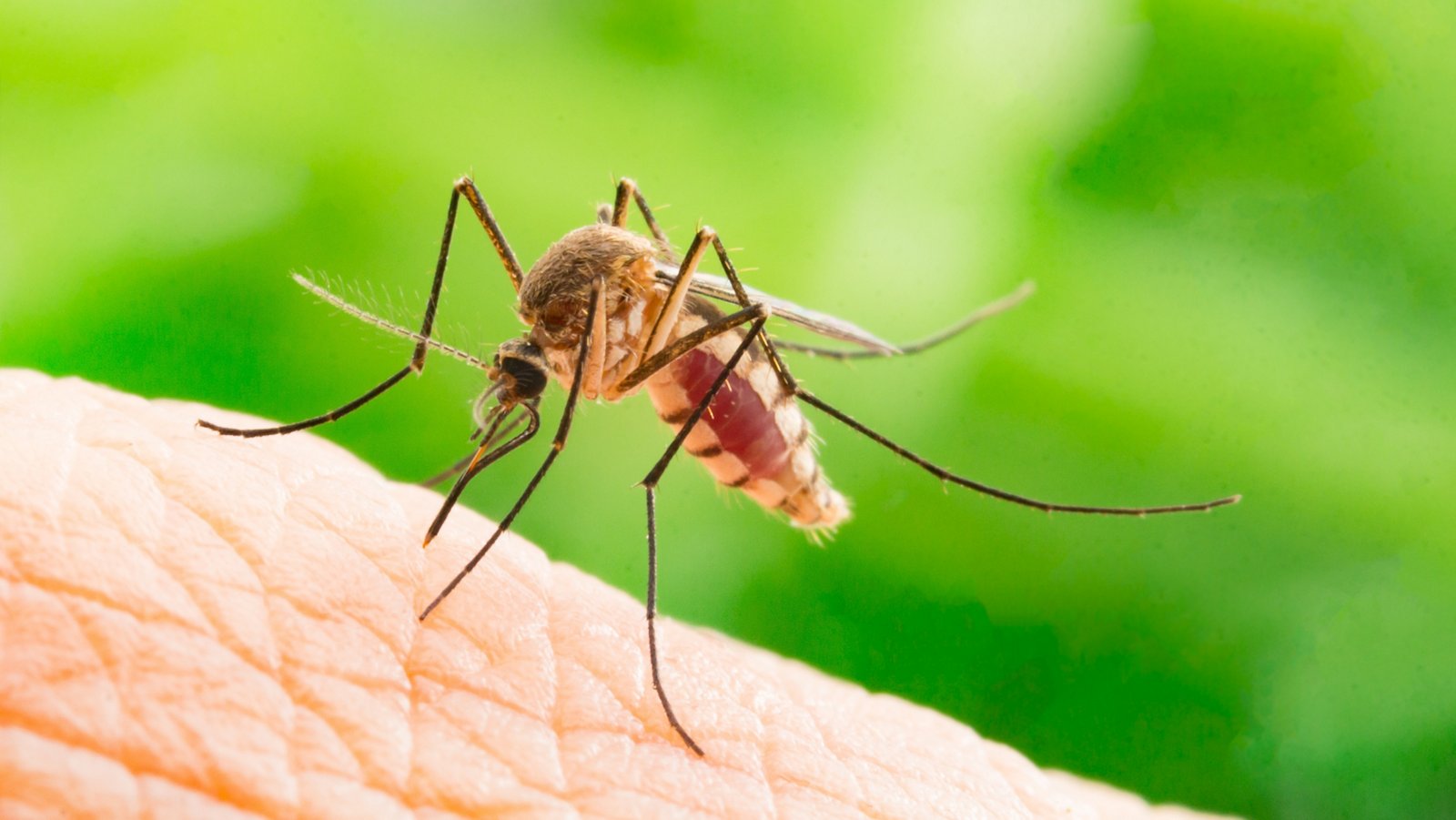-
Government
Boards & Commissions
Lake County Justice Reinvestment Advisory Committee (JRAC) Drainage Board Local Emergency Planning Committee Lake County Economic Development Commission Lake County Commmission on Public Records Lake County Redevelopment Commission Plan Commission Lake County Board of Elections and Registration -
Departments
Administration of Justice
Adult Probation Adult Protective Services Clerk Child Support Community Corrections Domestic Relations Counseling Bureau Jury Administrator L.A.D.O.S. Division 1 L.A.D.O.S. Division 2 Public Defender Division of Family and ChildrenCounty Administration
Building Management Department Data Processing Department Human Resources Insurance Department Attorney for the Board of Commissioners Mail Room -
Careers
-
Community
Education
Davenport College Indiana Wesleyan University Hyles Anderson College Indiana University Northwest Kaplan College Ivy Tech State College Calumet College of St. Joseph Purdue University Northwest Commonwealth Business CollegePlaces to Visit
Parks & Recreation Lake County Fairgrounds Local Traffic Conditions Deep River Park BellaBoo's Local Weather Local News South Shore Convention and Visitors AuthorityTowns & Cities
City of Crown Point Town of Cedar Lake Town of Dyer City of East Chicago City of Gary Town of Griffith City of Hammond Town of Highland City of Hobart City of Lake Station Town of Lowell Town of Merrillville Town of Munster Town of New Chicago Town of Schererville Town of St. John City of Whiting Town of Winfield -
How Do I?
Apply For
Confirm My Jury Duty Summons Apply for Building Permit Online Reserve Fairgrounds Shelter Get a Copy of Birth or Death Certificate File For Property Tax Deduction Get a Copy of Marriage License Renew Contractor License Online Change My Tax Bill Mailing Address Request Child Support Payment HistoryFind
Recently Changed Content Find Elected Officials Search Public Records Search Sheriff Sale Properties Find My Court Case Find Licensed Contractor Find My Council District Request GIS Map or Data Search Assessor Parcel Records Search Property Tax Records Schedule of Holidays Childcare in Crown Point Govt Complex
 Vector-borne diseases are illnesses caused by pathogens such as viruses, bacteria, or parasites that are transmitted to humans through the bite of infected vectors like mosquitoes, ticks, fleas, and flies. These diseases pose significant public health challenges globally, affecting millions each year. Malaria, dengue fever, Lyme disease, and Zika virus are prominent examples, each varying in geographic distribution and severity. Vector control measures, such as insecticide-treated bed nets, environmental management, and vaccination programs, play crucial roles in mitigating the spread of these diseases, highlighting the importance of integrated approaches to disease prevention and control.
Vector-borne diseases are illnesses caused by pathogens such as viruses, bacteria, or parasites that are transmitted to humans through the bite of infected vectors like mosquitoes, ticks, fleas, and flies. These diseases pose significant public health challenges globally, affecting millions each year. Malaria, dengue fever, Lyme disease, and Zika virus are prominent examples, each varying in geographic distribution and severity. Vector control measures, such as insecticide-treated bed nets, environmental management, and vaccination programs, play crucial roles in mitigating the spread of these diseases, highlighting the importance of integrated approaches to disease prevention and control.